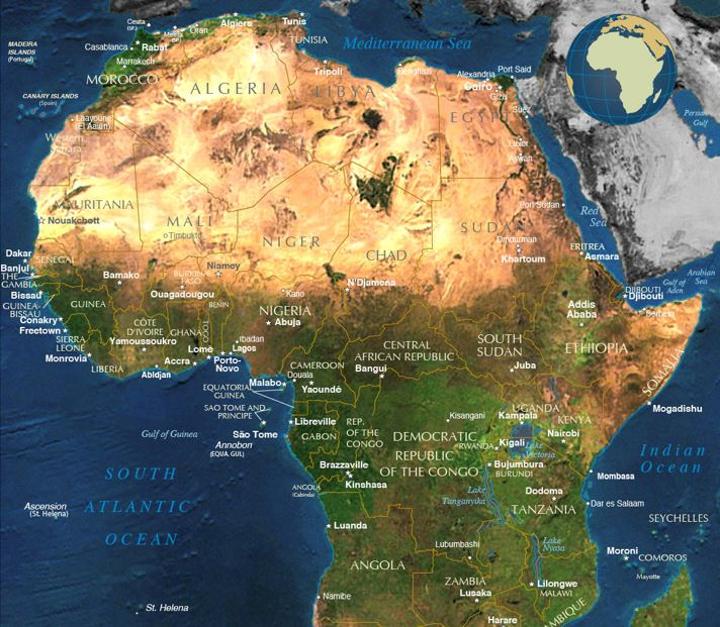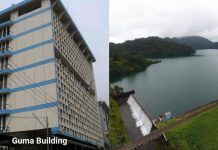Africa-Press – Sierra-Leone. Africa has been termed as the Third World. It has the richest natural resources, yet we are poor and stagnant in development. Poverty is defined by the dictionary as “the state or condition of having little or no money, goods, or means of support”.
This is an extremely vague definition and covers poverty as a whole, although this speech will elaborate on the details of the causes of poverty in Africa.
What causes poverty? There are many reasons why this would occur, the most prevalent of these being corruption and a lack of resources in the region. Corruption occurs in Africa when governments do not use money responsibly and instead use it for themselves. Corruption destroys trust between the government and its people in ensuring that money is used responsibly.
Despite all the wealthy resources in its possession, Africa is the world’s poorest continent.
Poverty in Africa is caused by a number of factors. The leading causes are corruption and poor governance, limited employment opportunities, poor infrastructure, poor resource usage, wars and unending conflicts, and poor World Bank and IMF policies, among others.
Africa is underdeveloped in terms of industrialization and resource management.
Africa has conflict, corruption, and poor governance (coupled with dictatorial regimes) that suffer from the inability to deliver public services. Poverty can only be fought in the presence of strong institutions, and equitable distribution of resources. This requires a non-corrupt government. However, in Africa, programmes designed to fight poverty are not fully implemented because the funds end up in the hands of corrupt individuals who pocket the majority. And because of poor governance, those in authority have failed to apprehend the corrupt. This creates an imbalance in society and leads to more poverty because you end up with a few influential and powerful individuals oppressing the poor (who are the majority).
Africa’s “big men” and “strong men” are the major decision-makers in national affairs, and whatever decisions they take should be in their favour.
In most African countries, people own large chunks of land that are underutilised or sometimes not even used at all. This happens due to a lack of education about what to do with the land. Also, some people are simply stuck in their rudimentary ways of doing things. Others just use the land to grow crops, that are just enough for subsistence survival. Nothing goes on the market for sale.
Civil wars are common in Africa, whether between neighbouring countries or within the same country. Such incidences render war zones unproductive, in addition to scaring away investment that would otherwise help foster economic development and create employment to fight poverty.
Africa has a very poor infrastructure set-up. They have poor roads, railways, water systems, etc., yet these are some of the major drivers of economic development. As a result, only a few areas with better facilities (such as urban areas) have developed over the other (rural) areas, which are occupied by the largest percentage of the population.
When an African makes a new discovery, colonial masters always take that brain away and make him or her a citizen without access to the African lifestyle like it happened in Kenya with the invention of M-Pesa.
Another leading cause of poverty in Africa is the prevalence of diseases (such as malaria, HIV/AIDS, TB, etc.). When a household is affected by any of the diseases, the little resources available are spent on treating the sick.
In the worst-case scenario where the breadwinner dies, those who are left behind have no resources to support themselves, which leads to a poor lifestyle. And the situation is worsened by poor health facilities.
The loans given out by the World Bank and the IMF (the International Monetary Fund) have contributed to the poverty problem in Africa.
Such loans come with strict conditions that usually require governments to adjust some of their economic decisions. For instance, the requirement to reduce total government spending has affected major social sectors such as education, health, and infrastructure, which are drivers of economic development.
Africa is a continent full of wonderful resources, but it is the poorest in the world due to the high level of corruption, diseases, wars, and illiteracy. The major dominance affecting human development in Africa has been inflicted by elites. However, the “big men and strong men” influence and self-interest are the major blocks hindering progress and development in Africa, as they used illiteracy and civil wars to confuse the public.
-Joss Chol Dut is a Masters student at the University of Juba studying Diplomatic and International Studies. He can be reached at
For More News And Analysis About Sierra-Leone Follow Africa-Press






